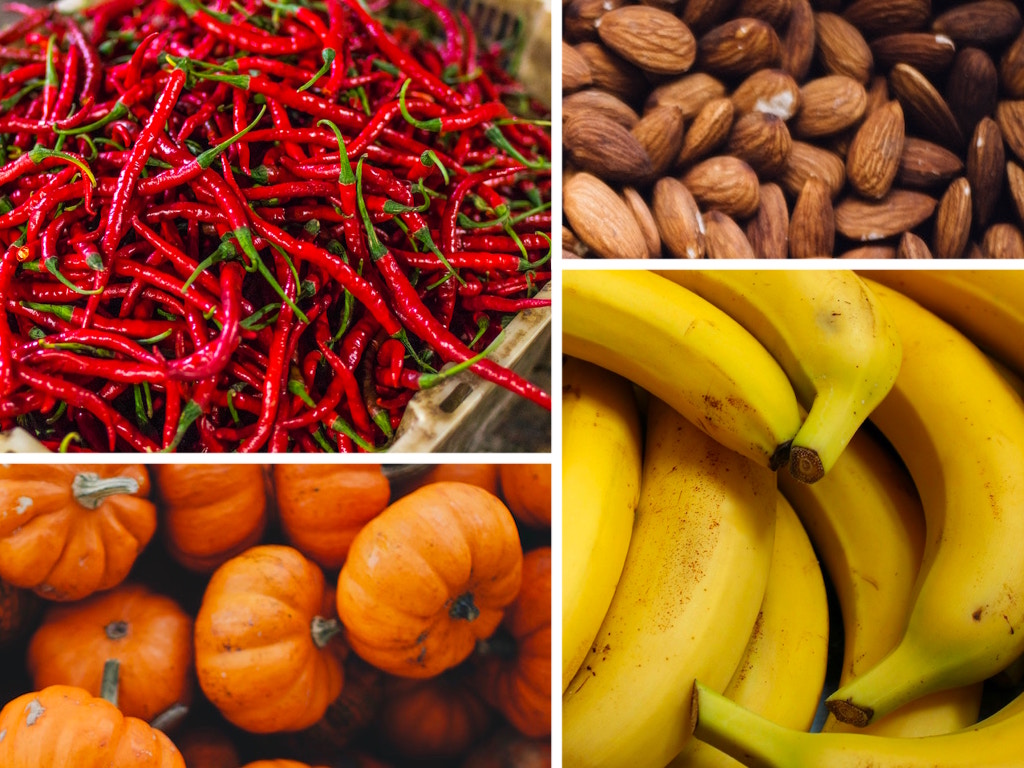4 Mins Read
You probably know the obvious fruit & veggie facts by now: tomatoes and bell peppers are technically fruits, for example. But below we’ve discovered some pretty surprising info about some of your favourite everyday foods. Below are 10 fruits and veggies most of us need to get to know better – enjoy!
Pumpkins Are Fruits
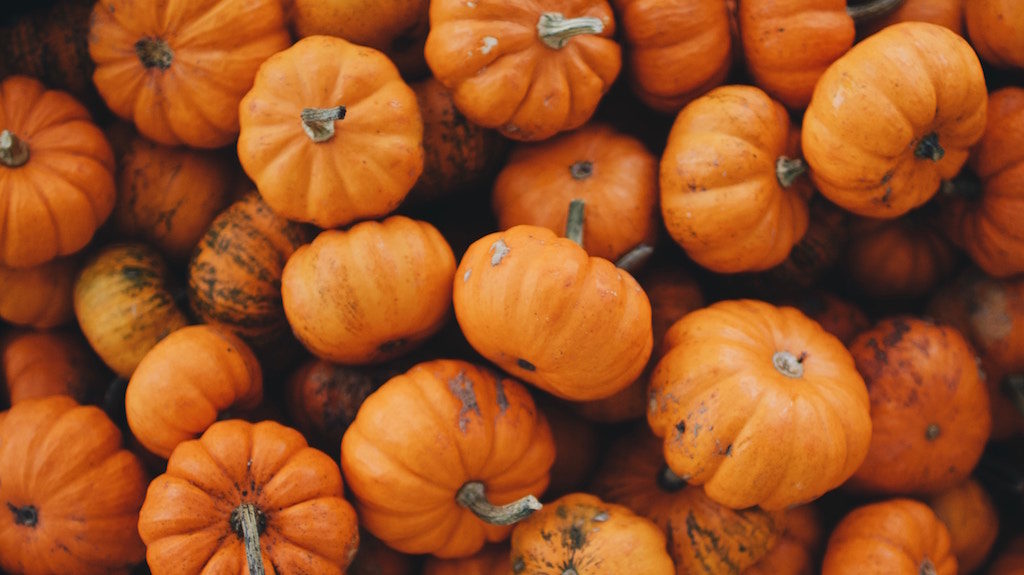
Pumpkins are often thought of as vegetables. But they – alongside other gourds – are full of seeds, which technically makes them fruit! Yes, that means cucumbers are also a part of the fruit family! Fruit soup anyone?
Aubergines Are Berries
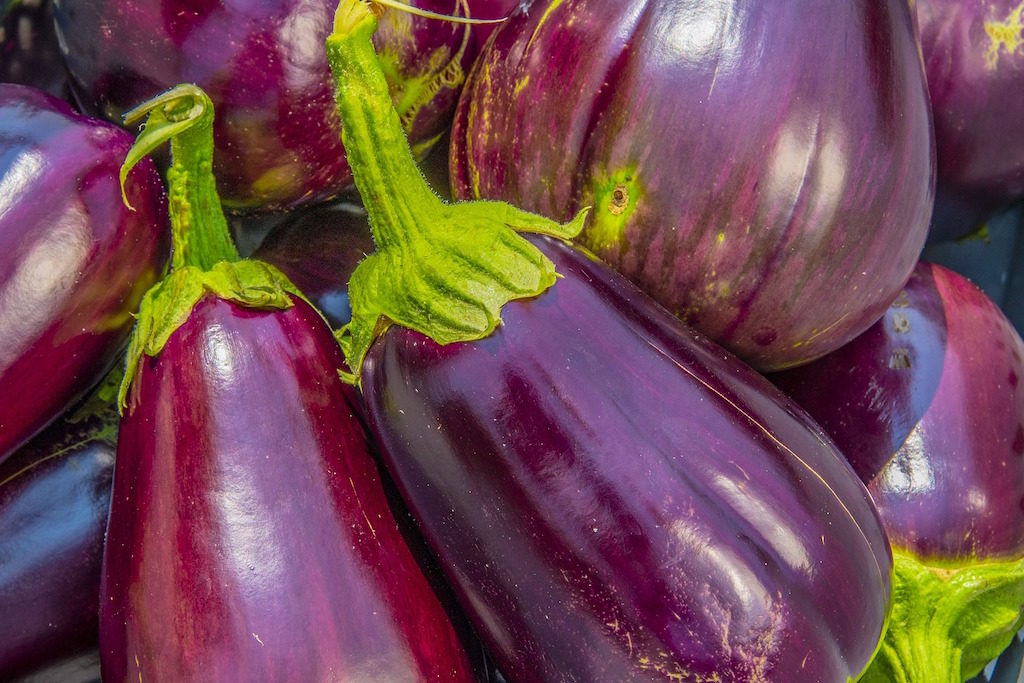
Shocker. Not only are aubergines a part of the fruit family, they are under the berry classification. Berries are fleshy fruits that have multiple seeds embedded within its flesh inside and is produced by a single ovary. So there you have it, aubergines are berries.
Okra Is A Fruit
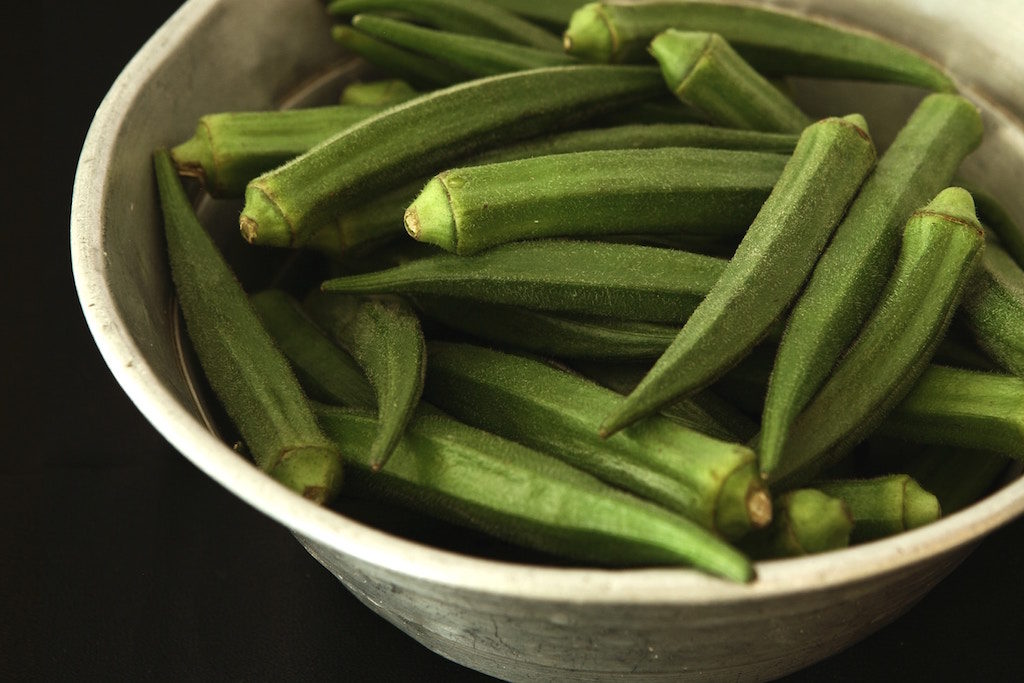
Okra is in fact a flowering plant – and we eat its edible seed pods! Again, because these pods – “lady fingers” – contain so many small seeds inside (alongside loads of vitamins and nutrients too!), they are botanically considered a fruit rather than a vegetable! So yeah, you’ve been stir-frying fruit this whole time…
Wild Rice Is An Aquatic Grass
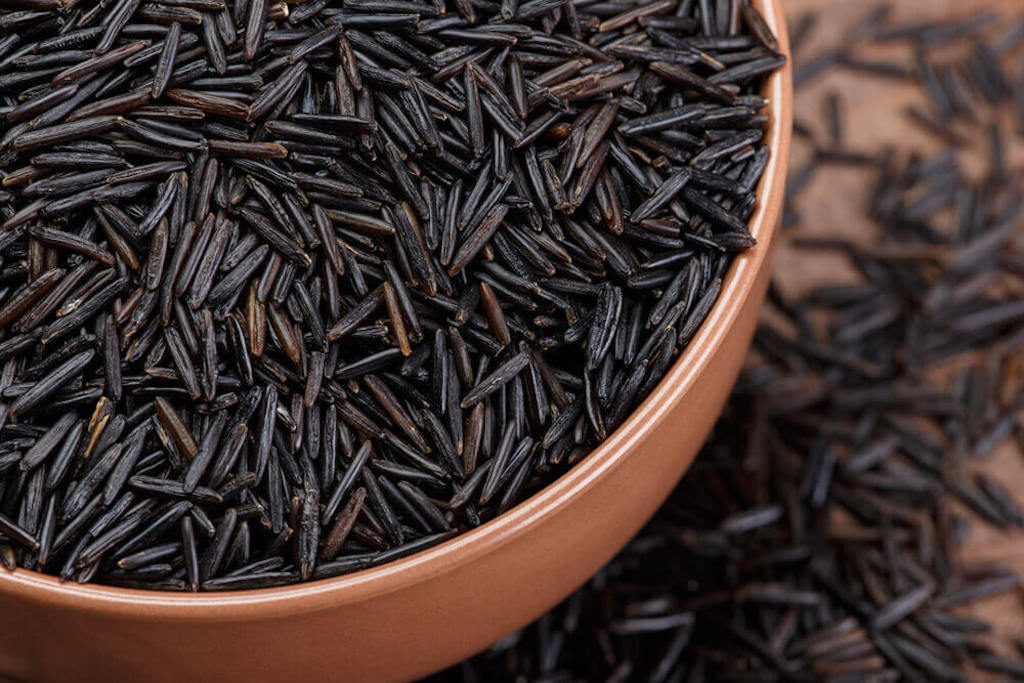
Take a deep breath: wild rice is not a grain! Yes it’s true: wild rice is classified as an aquatic grass. Although it is commonly referred to as rice and cooks like a grain, it is actually the seed of a long-grain marsh grass. By the way, wild rice isn’t really “wild” either nowadays, as it is often grown and handpicked from commercial paddies.
Chili Peppers Are Berries
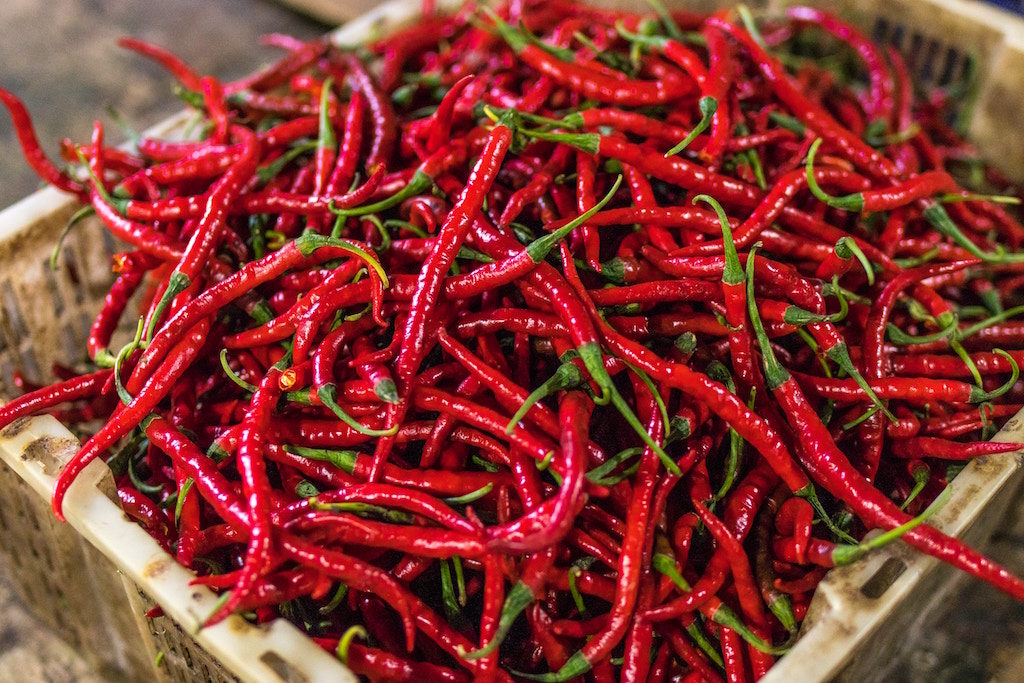
While you might think of berries as small and sweet little fruits that you can pick with your fingers, the heaty and sometimes bitter chilli pepper, is in fact a berry by virtue of having multiple seeds inside its flesh. Just let that sink in for a moment…
Bananas Are Both A Herb, And A Berry
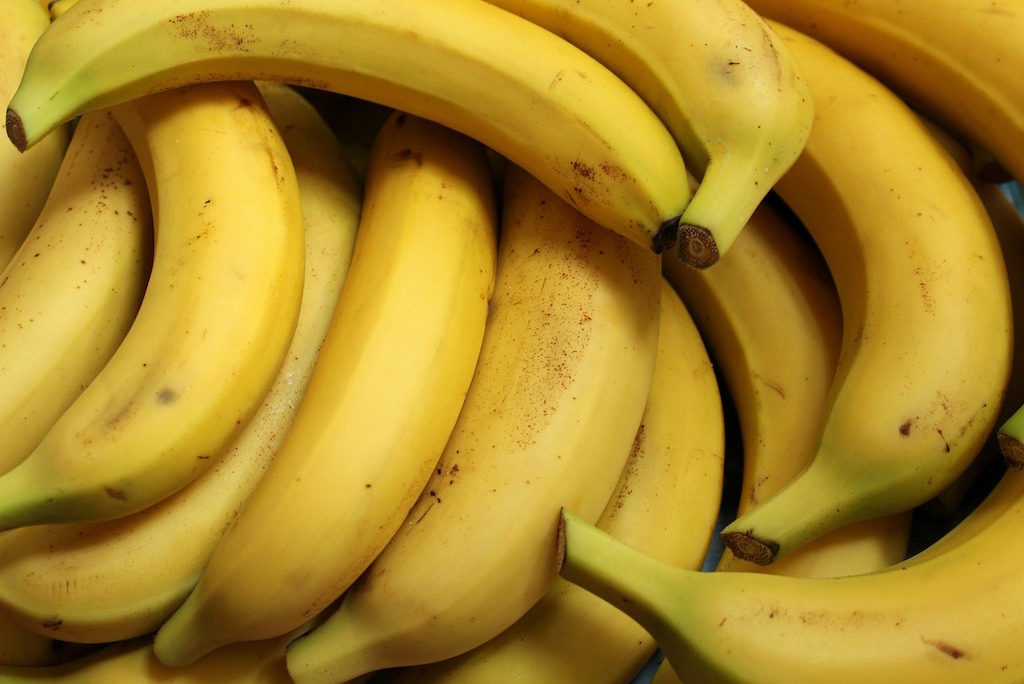
Okay, so not only are bananas a berry because it stems from one flower and is seeded on the inside, it is also a type of herb! Say what? The banana tree is regarded as an herbaceous plant because its stem is not true woody tissue. That means that weirdly, bananas fall into the same category as parsley, basil and cilantro.
Strawberries Aren’t Even Berries
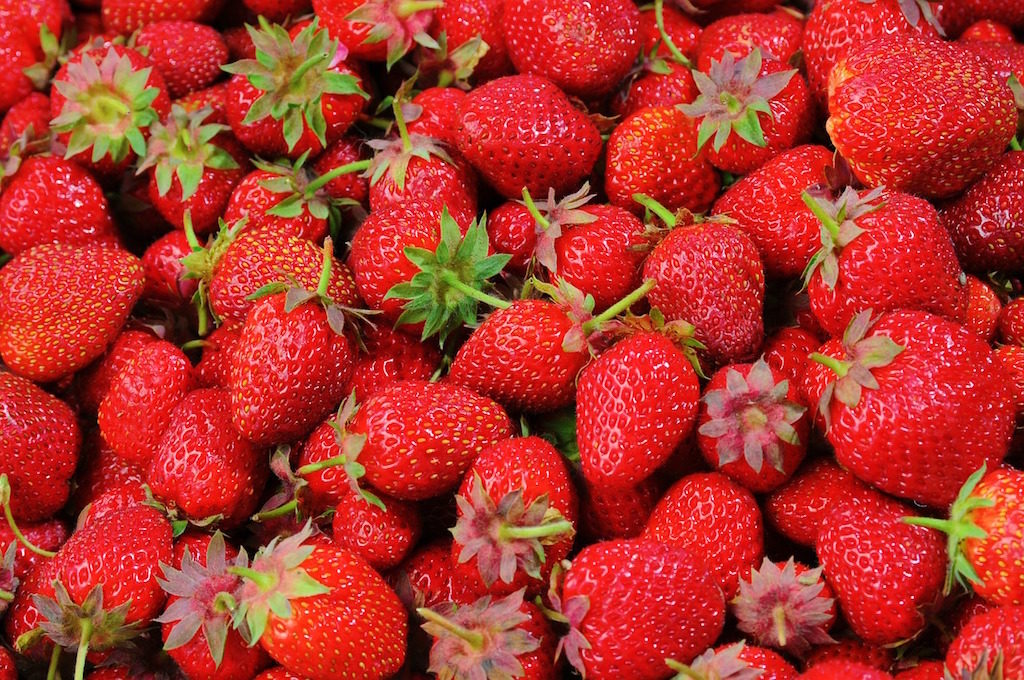
What isn’t a proper berry though is a strawberry. Yes even though the word berry is IN its name, strawberries are produced by a single ovary, but they are actually an enlarged or thickened end of a stem. The seeds on the outside aren’t even seeds either. For the same reason, blackberries and raspberries are also not berries. Like strawberries, these are botanically considered “receptacles.” True berries include blueberries, cranberries and gooseberries. Mind officially blown.
Almonds & Coconuts Aren’t Nuts
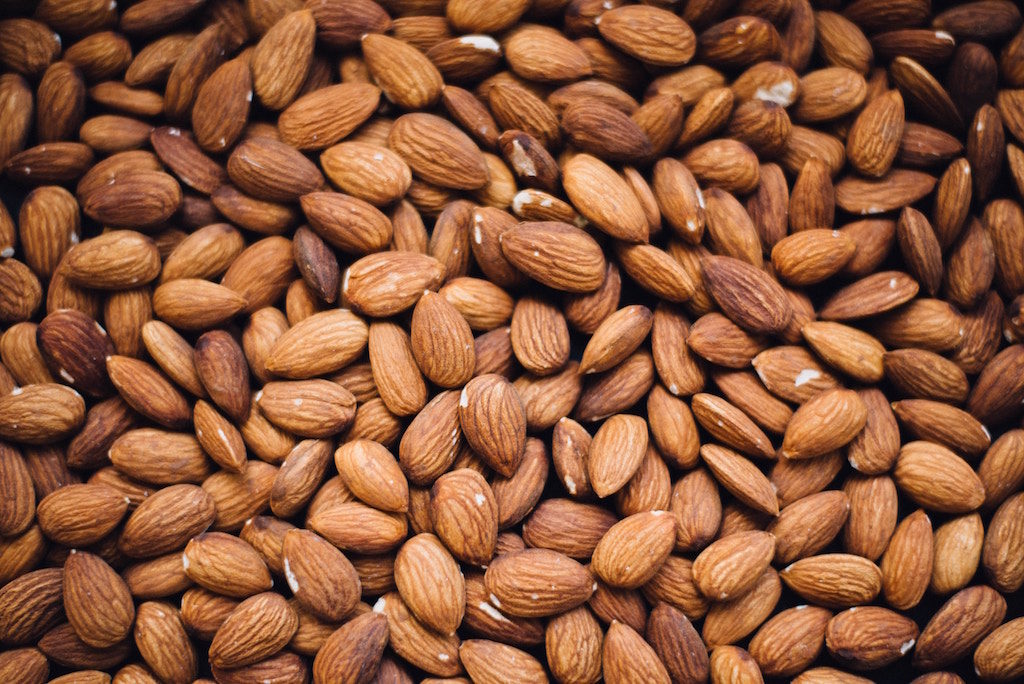
Almonds are in the drupe family – fruits that are fleshy on the outside with a seed inside. We’re technically eating the stone or pit inside the almond fruit! This means that they are in the same category as peaches, plums and dates. This also means that coconuts aren’t nuts either, but rather one-seeded drupes.
Quinoa Is Not A Grain
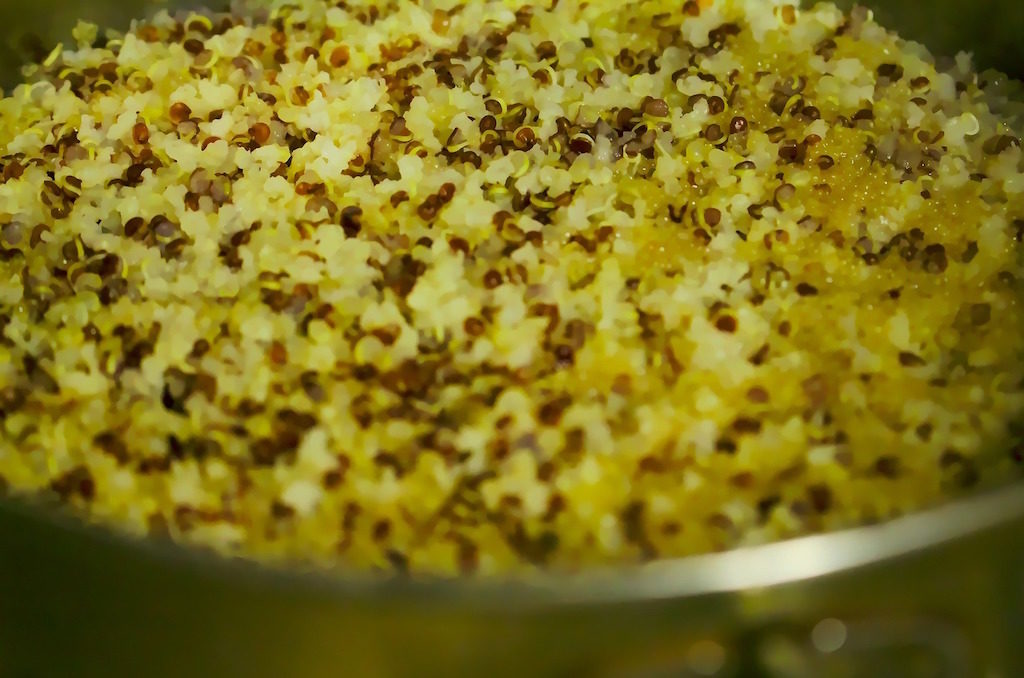
Despite being prepared and usually consumed like most grains, the superfood quinoa is a pseudocereal. Pseudocereals are non-grasses that are used like cereal or a grain. Some other examples of pseudocereal are amaranth and buckwheat. Who knew?
You’ve Been Confusing Yams & Sweet Potatoes
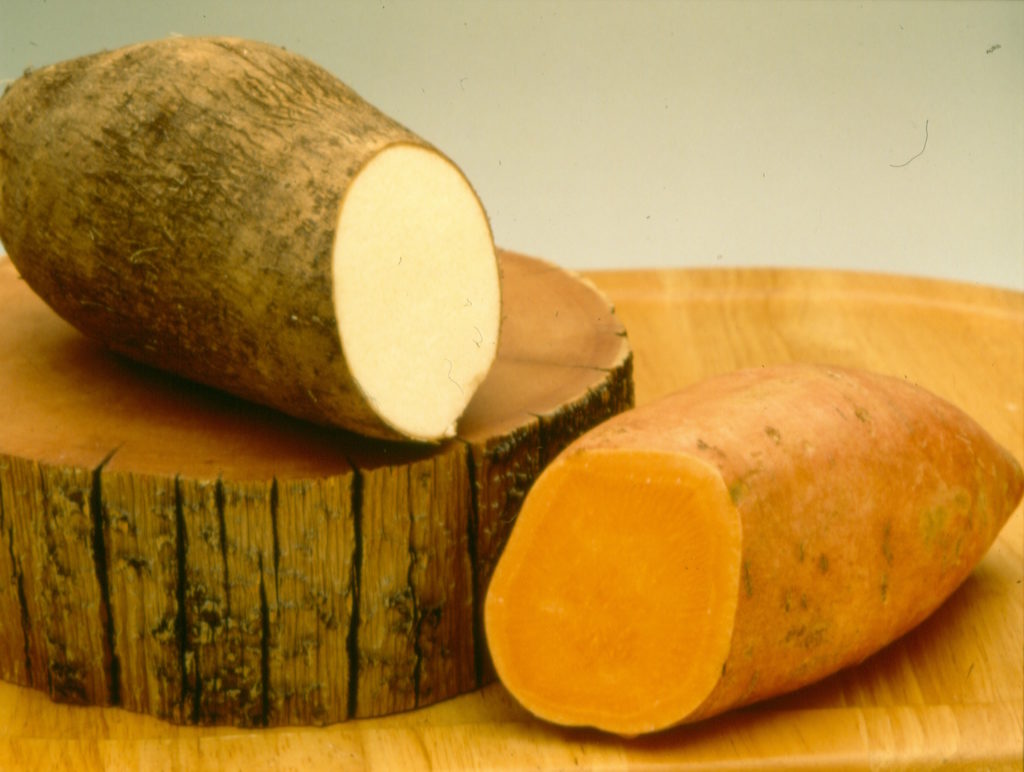
You’re going to be shocked to discover that what you’ve been calling a yam for ages is probably a sweet potato. Both are tuber vegetables, but a true yam is the starchy edible root of a tropical flowering plant Dioscorea genus. It has rough and scaly skin, drier light coloured flesh and more like the regular potatoes we eat compared to sweet potatoes. Sweet potato flesh varies from deep purple to bright orange and yellow, and almost always taste sweeter. Believe it or not, grocery stores regularly get this wrong too!
Lead image courtesy of Green Queen Media.


